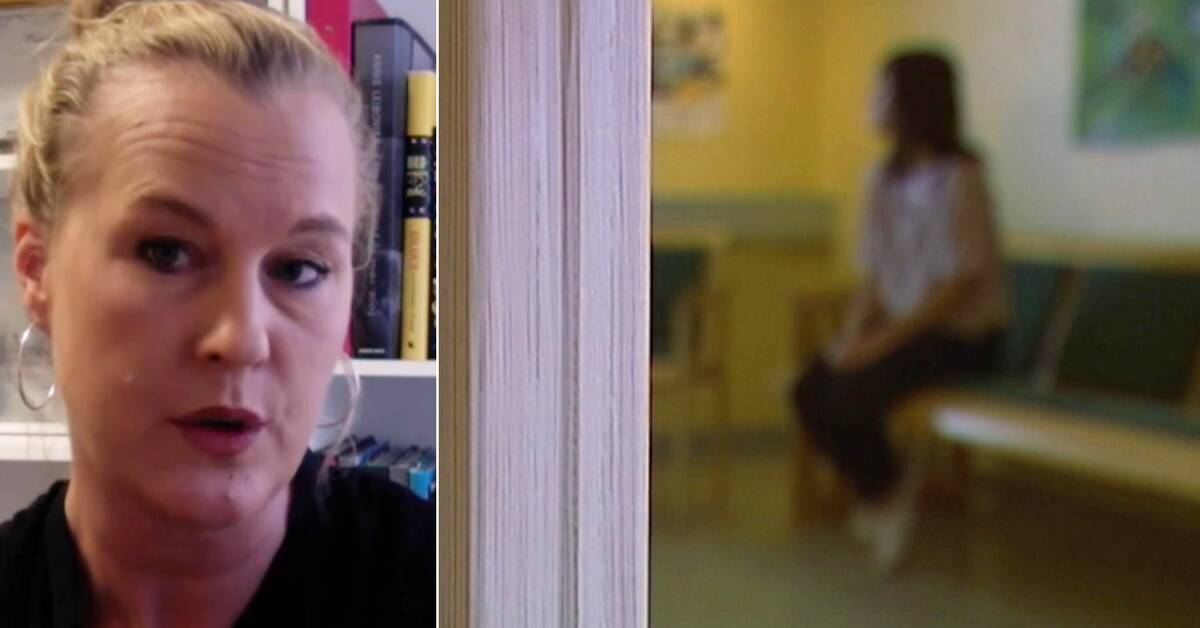The condition is often mistaken for shyness, but in fact it is an anxiety condition which means that children, in certain environments or situations, cannot speak at all.
In other contexts, they act and speak normally.
- There is an ignorance about this diagnosis, many professionals simply do not know about it, says Johanna Syrén, project manager at Tala om tysnad.
No national care plan
In Sweden, there is no national care plan for the diagnosis of selective mutism.
According to the project management for Talk about silence, it is also unclear which healthcare institution to turn to.
Something that a local study has also shown.
- There is great uncertainty about who is responsible for these children, says Johanna Syrén.
Anxiety problems often have a genetic background and are not linked to psychological trauma, which is another common misconception according to Syrén.
The treatment methods can vary, but there is usually a need for professional help in the form of a psychologist and speech therapist.
- It is important that the diagnosis is made early, then the problems can often subside in a fairly short time, says Johanna Syrén.
Three tips: How to deal with a child with selective mutism
Javascript is disabled
Javascript must be enabled to play video
Read more about browser support
What might be good to know about the unusual diagnosis?
Start the clip and find out three things.
Photo: Jessica Gow/TT
In the clip, you can hear Johanna tell more about the unusual diagnosis.

